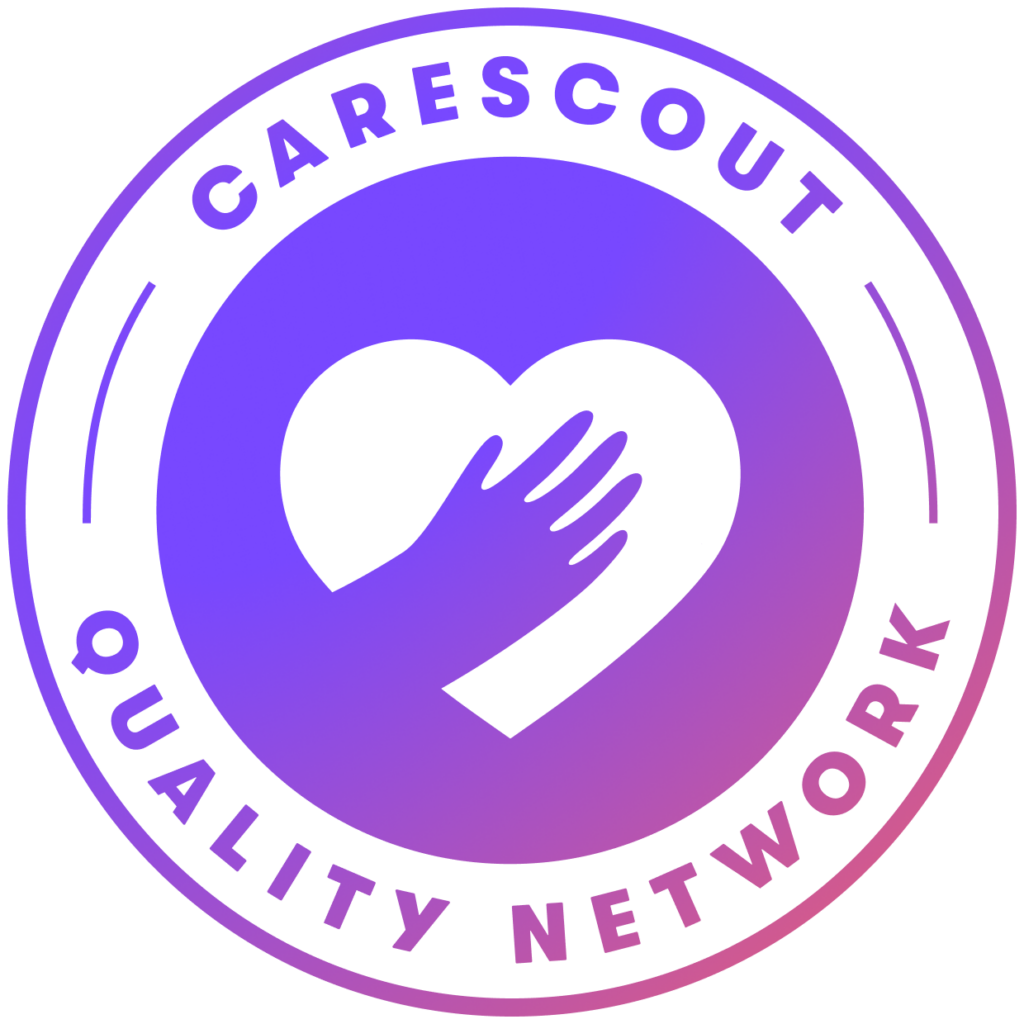Dementia and Alzheimer’s Care in Long Island, NY
Read Our Testimonials
Dementia and Alzheimer’s are on the rise in America – and New York is no exception. If you live in the greater Long Island area and struggle to care for your ailing loved one, SeniorCare Companions is here to help. We provide hourly Alzheimer’s in home care for Long Island to seniors from Manhattan to Montauk, to ensure that your loved one has the social interaction and additional support they need.
As a NYS Licensed Employment Agency that provides non-medical companion home care, we offer top-quality services to clients across different levels of essential competencies.
What is Non-Medical Care for Dementia and Alzheimer’s Disease?
SeniorCare Companions provides long-term companionship and social support to Long Island-based seniors who need extra socialization and help with daily tasks.
SeniorCare Companions match your loved one with one or more caregivers who can assist with:
- Morning and evening routines
- Using the restroom and bathing
- Grooming, dressing, and other forms of self-care
- Meal prep and clean-up
- Shopping and transferring groceries
- Walking, sitting, and standing
- Driving services to perform errands and attend appointments
- Enriching social engagement: Playing games, having conversations, arranging phone calls and transcribing calls with family members, creative projects, light fitness (such as taking walks), and more
We collaborate with you to determine whether hourly care or live-in care will meet your loved one’s needs.
The Differences Between Dementia vs. Alzheimer’s Disease
The terms “dementia” and “Alzheimer’s disease” are often used interchangeably to describe memory loss and cognitive dysfunction in seniors.
Dementia is a group of brain disorders that impairs your ability to recall events, make decisions, and regulate your emotions. Cases range from mild to severe. The most common early symptom is persistent memory loss, but having memory loss does not always indicate your loved one has dementia.
According to researchers at Stanford University, people who suffer from the following conditions are more likely to develop dementia:
- Parkinson’s Disease
- Stroke or a series of mini-strokes
- Severe head injury
- Huntington’s disease
- Leukoencephalopathies
- Creutzfeldt-Jakob disease
- Multiple sclerosis (MS)
- Amyotrophic lateral sclerosis (ALS)
- Multiple-system atrophy
- Late-stage syphilis
As the most common type of dementia affecting up to 80% of patients, Alzheimer’s disease severely impacts short- and long-term memory recall. It is more difficult to treat than milder forms of dementia and progresses more rapidly. In 2020, the CDC found that nearly 5.8 million people in America live with Alzheimer’s.
Alzheimer’s: Symptoms and Warning Signs
- Difficulty concentrating
- Problems recalling names, events, addresses, days of the week and the year, and recent conversations
- Poor decision making and impulsivity
- Deteriorating life skills (i.e., forgetting to eat and shower)
- Confusion
- Mood swings
- Forgetting where you are and how you got there
Unfortunately, Alzheimer’s often takes years to develop and the damage is irreversible. Age is the number one risk factor, with the majority of patients over the age of 65. While less common, early-onset Alzheimer’s can occur in adults between the ages of 30 and 50. This form of Alzheimer’s likely has a strong genetic component.
If you live with or care for your elderly loved one, take note of these Alzheimer’s early warning signs:
- Difficulty following their usual schedule
- A sudden decrease in math skills
- Unusual word searching
- Accelerated vision problems
- Frequently misplacing items
- Getting lost in a story (i.e., trailing off mid-sentence)
Alzheimer’s In-Home Care in Long Island
It’s important to note that most seniors struggle with these issues on a milder scale from time to time. The Alzheimer’s Association outlines the differences between normal memory and mood issues for your elderly loved one vs. Alzheimer’s warning signs. Environmental factors such as regular exercise, keeping a healthy diet, and treating high blood pressure may reduce your loved one’s risks of developing Alzheimer’s or delay the progression of the disease.
The Benefits of Companion Care Services for Families and Clients
If your loved one suffers from a milder form of dementia, a non-medical companion can greatly improve their quality of life. Home care services allow your loved one to comfortably age in place surrounded by familiar faces, routines, and scenery that promote peace of mind.
Many dementia patients suffer from mood disturbances when moved into assisted living. In-home caregiving services will likely help your loved one establish a routine that makes it easier to cope with their symptoms and perform basic tasks.
There is also evidence that regular socialization is associated with the development of dementia and Alzheimer’s. In fact, healthy socialization can slow mild cognitive impairment. Support with maintaining excellent hygiene, personal grooming, and playing games from a caregiver at SeniorCare Companions reduces loneliness and promotes joy, two crucial factors in delaying the progression of dementia.
Regularly caring for your loved one can also take a toll on your mental, emotional and physical health. Adding a dynamic Caregiver into your loved one’s daily routine offers benefits for you, including:
- More time to focus on tasks, professional development, personal project, and other family members
- Reducing stress and anxiety
- Additional support when your loved one is confused, agitated, and suffering from mood swings
- Insights into the unusual and sometimes disturbing behaviors associated with dementia
- Reassurance that your loved one will be monitored at all times, depending on the caregiving schedule you create with SeniorCare Companions
SeniorCare Companions is Equipped to Help Your Loved One
For home care services that you can trust, contact SeniorCare Companions today. We’ve partnered with the Alzheimer’s Disease Resource Center, the Alzheimer’s Association, and the Home Care Association of America to offer the best Alzheimer’s in home care for Long Island as a non-medical companionship for clients in and around Nassau and Suffolk Counties.
At SeniorCare Companions, we treat clients with progressive forms of dementia with respect, dignity, and understanding. Our goal is to develop enduring bonds with our clients fostered by an open line of communication with their nearest and dearest. We aren’t just a network of well-trained senior companions — we’re a caring community invested in your loved one’s health.
To learn how we can improve your loved one’s quality of life, give us a call at 631-581-9000 or email info@seniorcarecompanions.com. We look forward to speaking with you.






